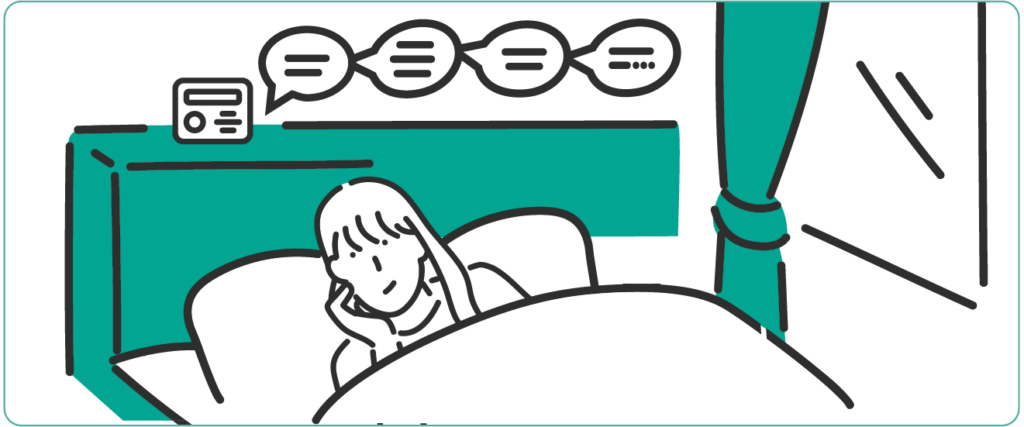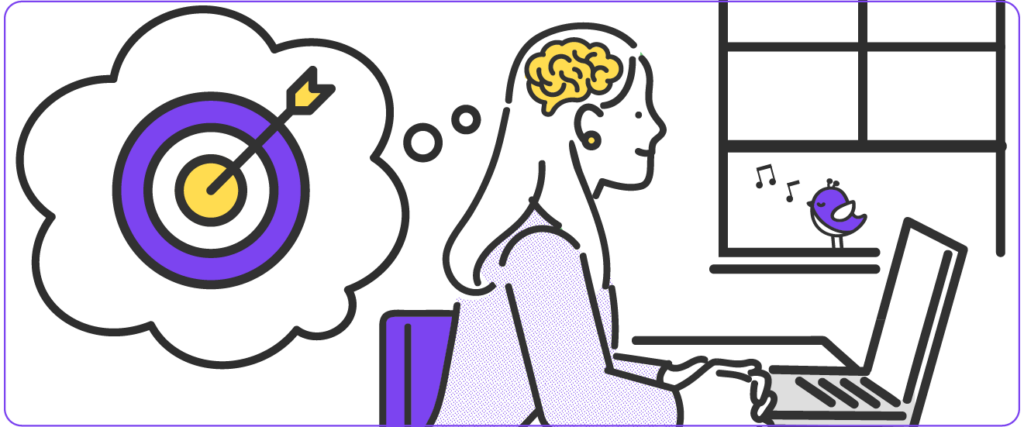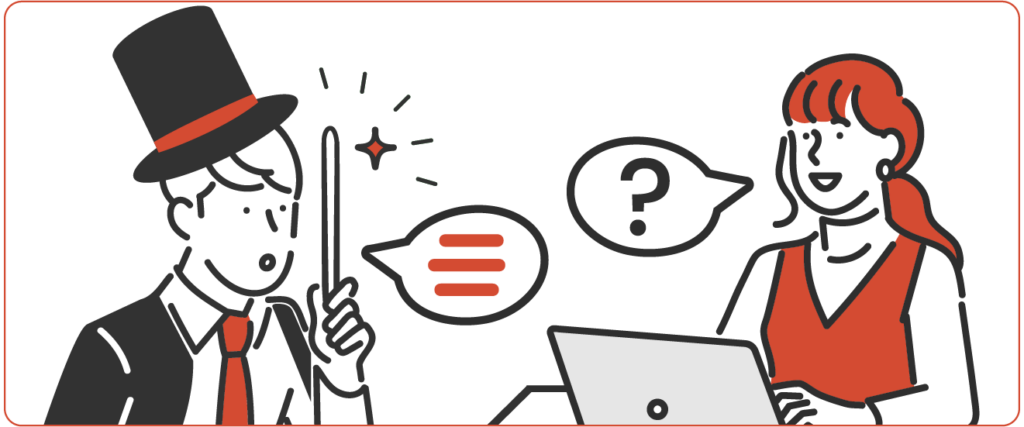Welcome to The Bright Side, Vol. 4! The Bright Side is our bi-weekly newsletter designed to give you a hit of happy in your inbox each week. Arriving every other Thursday evening, you’ll get a handful of interesting lifestyle items—from book and podcast recommendations to smart, everyday tips and tricks—along with how cannabis fits into the picture.
It’s not your average newsletter. Sign up today to see for yourself. End your week on a high note.
In The Bright Side, Vol. 4:
- The case for super-boring bedtime stories
- Why cat videos are terrible for productivity
- The real magic words—they aren’t “please” and “thank you”

TRY: Sometimes you just need someone to tell you a boring bedtime story 📖😴 🛏
If falling asleep every night feels like a major feat, storyteller Kathryn Nicolai may be your new best friend.
Nicolai lives with a condition called aphantasia, which is the inability to visualize mental images. This informs how she tells stories, thinking her way through and describing each detail, rather than visualizing them. This might seem strange for a storyteller, but it’s what makes her podcast, Nothing Much Happens, absolutely brilliant.
In Nothing Much Happens, Nicolai tells a new story each week where…you got it, not much happens. (This week’s story is about camping in the backyard.) Each tale is a cozy, ultra-detailed capsule of sleepiness, and Nicolai’s lovely but monotonous voice tells you the story twice per episode, helping you to drift off.
If it sounds absolutely dreamy, that’s because it is. Pick an episode and see for yourself.
🌿 If you’re looking for other ideas for getting a decent night’s sleep (including cannabis!), click through for the goods.

LEARN: Struggling to stay on task? You may be able to blame your brain 🧐 🧠 😼
Some people need silence to get any work done. Others can crunch through their to-do lists in the midst of chaos. Sure, environment plays a factor—if you’ve only ever worked alone, a busy workplace would throw you for a loop—but a new study out of the University of Pennsylvania may have uncovered a more biological explanation.
The study focused on the neural mechanisms that help the brain decide between a rewarding task and an appealing visual distraction. By studying the neuron activity in animals faced with the choice, the researchers discovered a pattern of coordinated activity they called “beta bursts” in the section of the prefrontal cortex that is responsible for motivation and rewards.
This activity appears to suppress the influence of the exciting distraction. The theory is, if your “beta bursts” are weak or absent, you’ll more easily be drawn away from work—regardless of the reward.
Now, if you’re someone who can easily be pulled away from a task or chore, all is not lost—even if this “beta burst” research is eventually applied to humans. Researchers believe your ability to stay on task can be improved. Give some of these strategies a shot:
- Work in timed blocks with breaks in between.
- Don’t multitask. Your brain has to work too hard to filter out distractions.
- Turn off your phone and put it somewhere out of sight.
- Don’t even think about opening a cat video. 😸
- 🌿 Try one of these five cannabis strains that could help with focus and productivity.

THINK: What’s the magic word? Your mom lied—it isn’t “please” or “thank you”
There’s a science to pretty much everything if you really think about it. Every single thing, from what we eat to how we act, boils down to a biological, chemical, physical, psychological or mathematical explanation. Like Six Degrees of Kevin Bacon, only scientific.
Language is a great example. Words are a part of nearly everything we do, every day. They’re how we communicate, how we persuade, how we lead, how we bond. We even think in words, so they’re how we connect with ourselves, too.
But not all words are created equal. In Magic Words: What to Say to Get Your Way, best-selling author Jonah Berger reveals six types of words that can “increase your impact in every area of life.” We think of “magic words” as polite phrases that endear us to others, but Berger purports that word choice is far more magical (and scientific!), and can help salespeople be more captivating, lawyers more persuasive, teachers more effective, start-up founders secure more funding, and so on.
Who knew it was science? Kevin Bacon probably did.
🌿 Worried you’d be too nervous to try the words once you learn them? Cannabis may be able to ease your anxiety.
SAY HELLO! 👋
If you have questions about cannabis, reach out to our team of experts. We’re here to help (free of charge!) so you can get what you need out of your cannabis experience.






